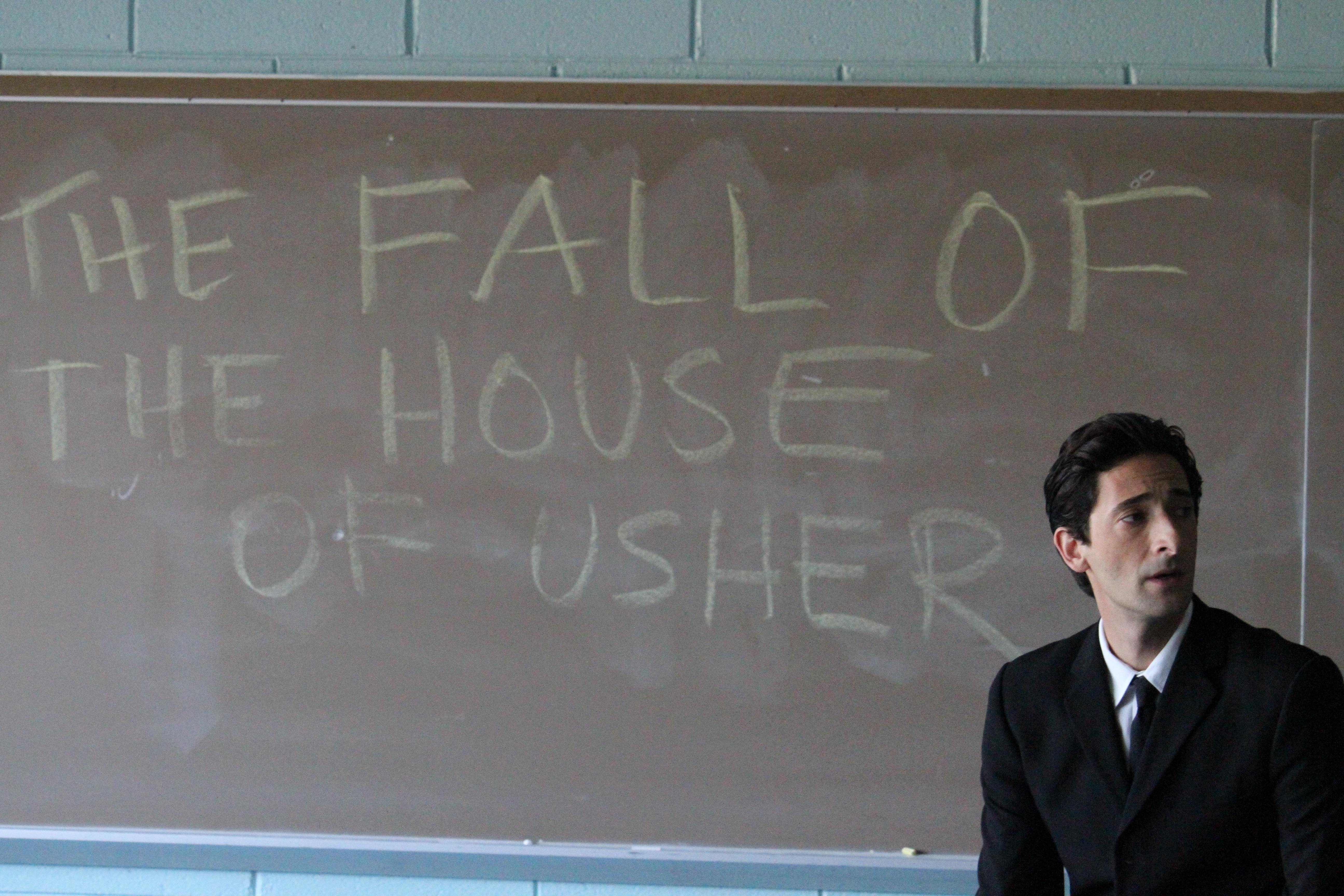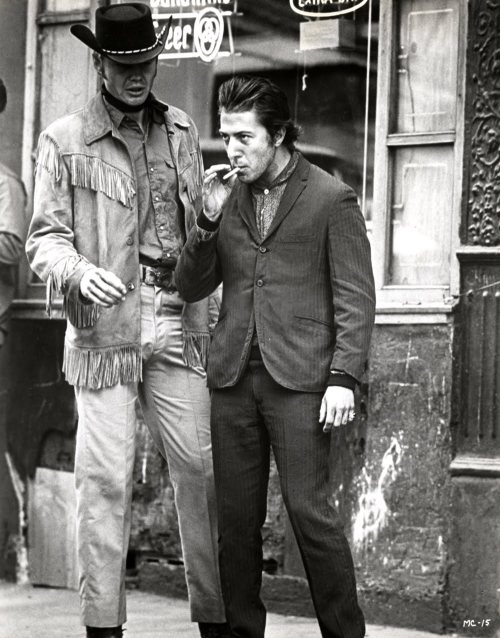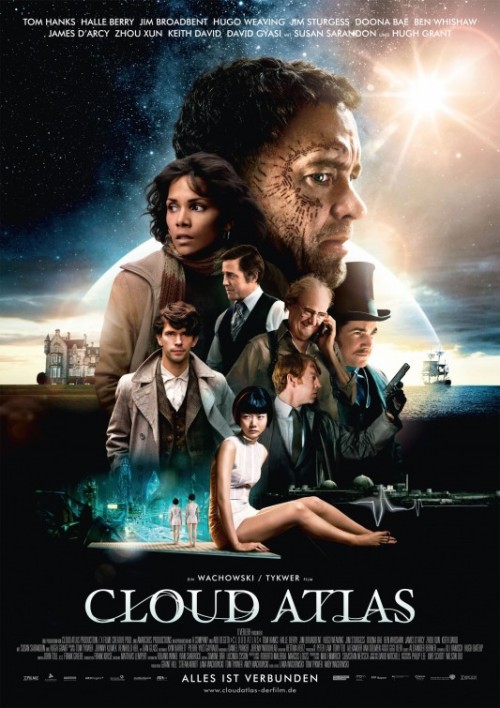 |
| Promotional still from the movie |
The story is that of a long term substitute teacher, Henry Barthes, portrayed by Brody. Henry is a very disconnected person who seems like he has little to no feelings for those around him. He is the lone caretaker of his ailing grandfather, and experiences flashes back into his traumatic past. Somehow he ends up taking in a young girl who was prostituting herself near his apartment building, his aim to help get her back on her feet and off to a youth rehabilitation center. Henry's personal story is the main focus of the film, although it was marketed as a feel good story about a high school substitute that makes a difference in a failing school. His experiences in the high school where he subs is the backdrop for the rest of the issues his character faces. A good portion of his realizations occur while at school, although they focus mainly on his own personal endeavors.
I had been very eager to see this film for a long time and I really enjoyed it. I found that it took an interesting approach to what could otherwise be skewed as a feel good high school film. It presented real life issues in a very bleak light and expected the audience to be able to handle what they saw. Because the directed took this approach, it became apparent that the director was trying to bring a realistic feeling to the film. The realism did not feel forced, but natural. I believed that the issues covered in the film were issues that teenagers and adults face on a regular basis. It also intrigued me how the characters took each issue and personally dealt with it.
One example is one of the girls in Henry's English 10A class. Meredith is a girl who was bullied constantly, an artistic girl who liked taking photos, but was a disappointment to her parents. She wished to go to art school but her parents dashed her dreams, instead continuously berating her for being different. She turned to Henry, who felt burdened by her and unsure if he could help because he felt very similar feelings of emptiness, and so when she felt she had no one else to turn to, she killed herself.
This movie did not play with the emotions of the audience. It gave to viewers exactly what it promised; a bleak vision of a lower middle class high school and the children and adults whose lives center around the school. I give this film an A-.

